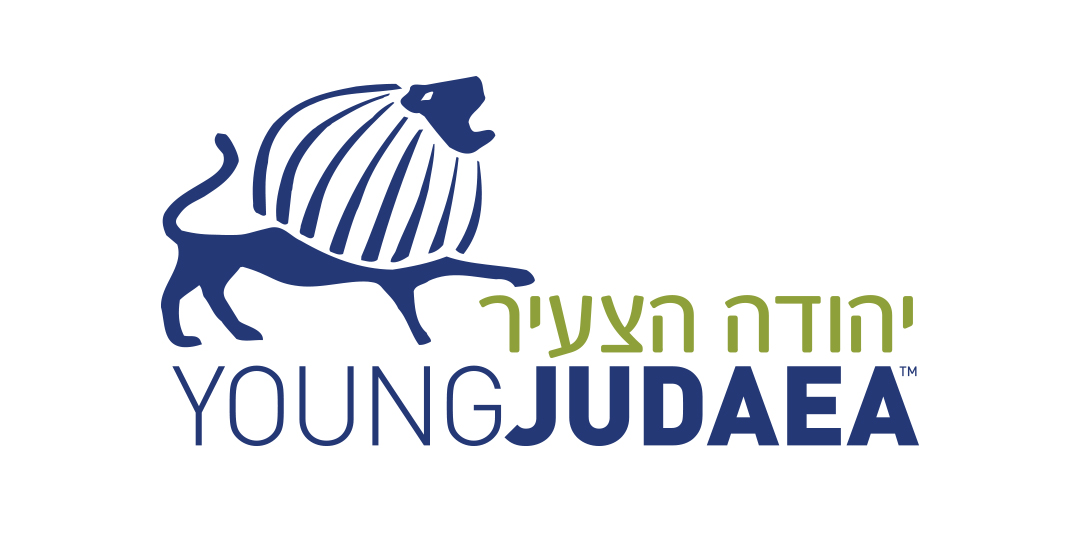Year Course The City of Abraham-The Complex Reality of Hebron

By Michael Nimaroff, Kedma participant
Hebron: the city where our patriarchs and matriarchs, Abraham, Yaakov, Sarah and Leah were buried. A city venerated by Judaism and Islam, Hebron has seen many figures of authority throughout its history. From the Canaanites, to the Crusaders, to the Ottomans, to Israel, Hebron is now currently under the control of the Palestinian Authority. Today, this city with so much history is a land divided.
When we arrived in Hebron, we were greeted by a member of Breaking the Silence, an organization founded by Israelis who spent their army service in Hebron. Breaking the Silence compiles testimonies of soldiers’ experiences in order educate the Israeli public on IDF military presence in the West Bank. The city of Hebron accounts for one third of the West Bank’s Gross Domestic Product, yet the center of the city was much different and quieter than any city I had seen before. Our tour guide informed us that due to Israeli presence and violence caused during the second Intifada, many apartments had been abandoned and shops had been forced to close down. I was personally troubled by how much the Israeli government caters to all the needs of the Jewish minority in Hebron, at the cost of the Palestine majority. Our tour guide, Nadav, told us us that many settlers have incited violence towards Palestinian homes, by throwing rocks (which now have led many to place metal cages around their windows) and placing garbage on Palestinian property. I was also disturbed that many Palestinians cannot take certain roads and have to take back roads to reach their destinations.
After our tour and lunch, we descended by bus through a vacant street that once had a thriving Arab market. We then made our way toward Avraham Avinu, a Jewish settlement inside Hebron. As we walked, we transcended into a entirely different world. It was a strong, close-knit Jewish community with kids playing in the local square, surrounded by homes and soldiers on the roof tops to ensure their security. The community was surrounded by Palestinian neighborhoods on all sides. In the local Shul (which was destroyed in the 1929 Hebron Massacre and has since been restored), we met a neighborhood resident and tour guide, Rabbi Simcha Hochbaum, who informed us of the Jewish perspective. We learned about the community and the need of a Jewish presence in Hebron due to the religious significance from the Bible. He invited us to his home, where we discussed the many issues and questions we had. After conversing in the Rabbi’s home, we made our way to the Tomb of the Patriarchs, where Rabbi Simcha Hochbaum discussed the religious significance behind it. We went inside and were given time to reflect, meditate and pray at the tombs of our ancestors.
The day was not over. We then made our way north towards Gush Etzion, specifically to a yishuv known as Elizar. Here, we saw a regular settlement, which was much different from Hebron. We met a member of the community who told us the history of this young community. I made little connection to what she was saying, and couldn’t help but gaze at the glorious sunset and think about what I had seen today. The lack of mobility, the violence on both sides- what is this all worth? How many lives are we willing to put at risk for the Jewish homeland, and what stands in the way of peace? I have no answers. As I gaze into the distance I realize that this conflict is not about roads, or checkpoints and settlements. It is so much greater, and far beyond my understanding. All I know is that it will take both sides and time to mend the hate into love.